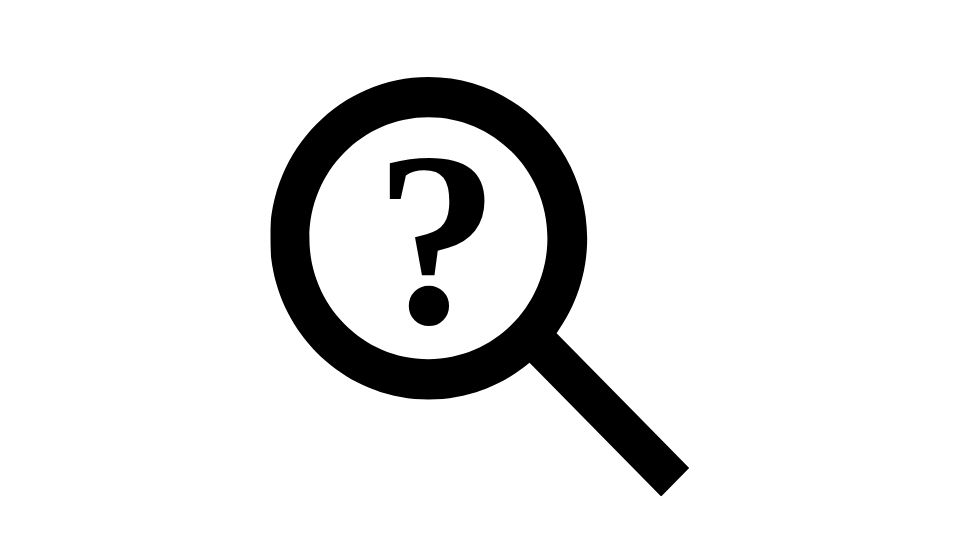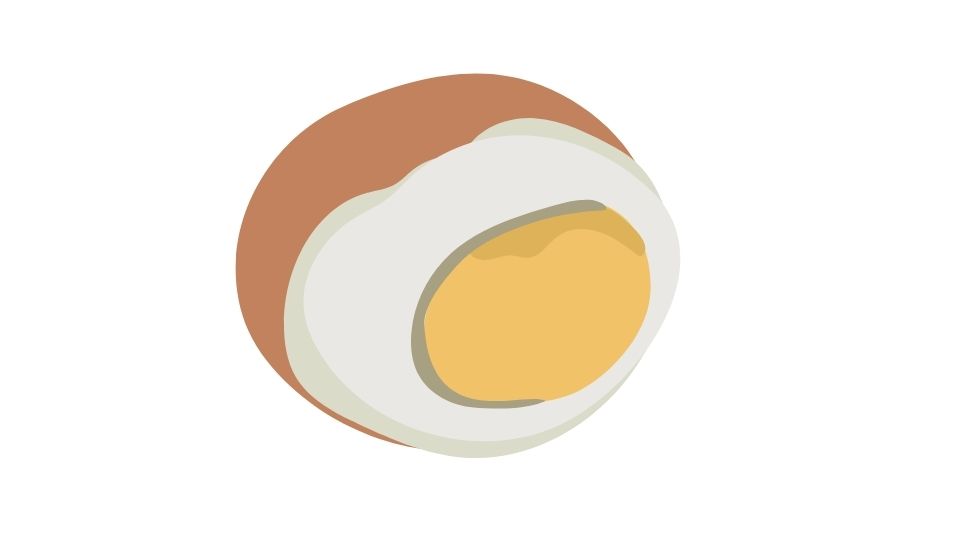Eggs are literally nature’s protein pill
But how much actual protein is in a boiled egg? I wanted to know the answer to this question, so I did the research for you.
Spoiler alert: A large boiled egg packs 6.3 grams of high-quality, complete protein. That means all nine essential amino acids your body needs but can’t make on its own.
Let me break down the full nutritional profile of this incredible food, explain why egg protein is special, and share how you can incorporate more eggs into your diet.
What’s Inside a Boiled Egg?
Ever wonder what makes eggs such a nutritional powerhouse? It’s not just about the protein.
One large boiled egg (about 50 grams) delivers:
- 6.3 grams of protein
- 77 calories
- 5.3 grams of fat (1.6g saturated)
- 0.56 grams of carbs
- Vitamins A, B2, B12
- Minerals like phosphorus and selenium
Most of the protein is in the white, while the yolk holds most of the other nutrients and fats.
Fun fact: the protein in eggs is considered the “gold standard” that other protein sources are measured against. It’s highly bioavailable, meaning your body can actually use most of what’s in there.
Why Egg Protein Is Special

Not all proteins are created equal, and egg protein is basically the Lebron James of the protein world.
Eggs give you:
- Complete protein profile – all nine essential amino acids
- Leucine – the key amino acid that triggers muscle growth
- Easy absorption – your body can use nearly all of it
- Nutrient density – you get vitamins and minerals along with your protein
The protein in eggs helps build and repair muscle tissue, supports immune function, and keeps you feeling fuller longer. That’s why bodybuilders have been chugging raw eggs since forever (though I recommend cooking them—salmonella is not a good training partner).
How to Add More Eggs to Your Diet

Let’s be real—plain boiled eggs every day gets boring fast. Here are some ways to mix it up:
- Breakfast boost: Add a sliced boiled egg to avocado toast
- Protein-packed lunch: Toss chopped eggs into your salad
- Snack attack: Keep peeled boiled eggs in the fridge for quick protein hits
- Deviled eggs: A crowd-pleaser at parties (and just for yourself)
Pro tip: Boiling a batch of eggs on Sunday sets you up for easy protein all week. Just peel them as you need them.
Boiled eggs have an advantage over other cooking methods because they don’t require added fats like butter or oil, making them one of the cleanest ways to enjoy eggs.
Tracking Your Protein Intake

If you’re trying to hit specific protein goals (like the 1.6-2.2g per kg of body weight that many fitness experts recommend), knowing that one egg = 6.3g of protein helps you plan.
For example:
- 2 eggs = 12.6g protein
- 3 eggs = 18.9g protein
- 4 eggs = 25.2g protein
Remember that most adults need at least 50-60g of protein daily, with active people needing much more.
Many people use apps to track their food intake. The simplest way is to just text your meals to an app like MealByMeal that automatically calculates your protein and other macros.
Boiled Egg Nutrition Summary

| Nutrient | Amount in One Large Egg |
|---|---|
| Protein | 6.3g |
| Calories | 77 |
| Fat | 5.3g |
| Carbs | 0.56g |
| Cholesterol | ~186mg |
The beauty of eggs is their simplicity. You’re getting high-quality nutrition without a long ingredient list or processing. Just crack, boil, and enjoy.
So next time someone asks “how much protein is in a boiled egg?” you can confidently say “6.3 grams of the highest quality protein on the planet.”
And if you’re looking for easy ways to track how all these eggs fit into your nutrition plan, tools like MyFitnessPal can help you stay on top of your protein goals without the headache.




Leave a Reply